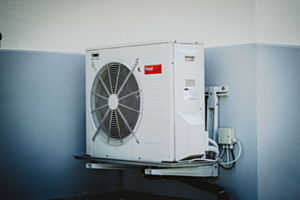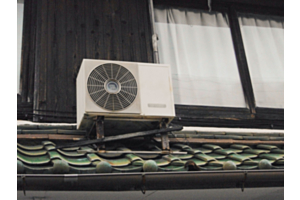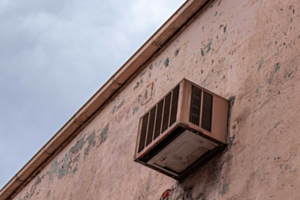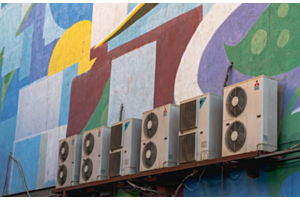The Impact of Ductless Mini Splits on Indoor Air Quality

Air pollution is on the rise, remaining stubbornly that way since 2016, reports The New York Times. While everyone can do their part to control outdoor air quality, you have even more say over your indoor air quality.
Clean, healthy air can ward off diseases and illnesses like asthma, lung cancer, heart disease, and stroke. Bearing that in mind, what role do ductless mini splits play on your indoor air quality, especially compared to the traditional HVAC units that might be in your home?
Mini split systems use a filter to capture contaminants and impurities. In that regard, they’re no different than any air conditioner, but there’s more. Many mini splits have air purifiers to further improve indoor air quality.
Further, a mini split can control humidity in your home. You might wonder what humidity has to do with air quality, and it’s a lot! Humidity can make the air thicker and more soupy. It’s harder to breathe, which can aggravate asthma patients.
Excess humidity can contribute to mold and mildew growth. Breathing in moldy air isn’t great for anybody’s lungs, but it’s especially detrimental to those with asthma and allergies. Of course, inhaling mold spores can be downright deadly for those with a mold allergy.
So how do a ductless mini split’s air-purifying capabilities shape up to traditional HVAC? Well, central air conditioners include filters, as we discussed before. These filters can capture dangerous particles in the air.
However, the filters become coated and dirty with time and require cleaning or replacing to work their best. That goes for a mini split’s filter too.
That’s about the extent of what an air conditioner has to offer, so what about furnaces? They lower household pollution levels when they’re new, but their effect on air quality is reversed the longer you have one.
Furnaces can release particulates and contaminants you and your family breathe in. What’s worse is the heating processes can generate humidity.
Ducts can also harbor dust that blows out of your vents, which does those with breathing difficulties no favors.
Tips for Improving Indoor Air Quality
Air quality has a huge bearing on our health and quality of life. These tips will help you maximize your indoor air quality.
- Strongly consider switching to a ductless mini split system if your home currently uses a furnace and/or central air conditioning unit. Traditional HVAC cannot purify the air to the same degree.
- Check your mini split’s air conditioning filter once a month, cleaning or replacing it if needed. Don’t wait longer than 60 days for this task.
- Add indoor plants to your home, as some species can remove contaminants from the air. Try the snake plant, spider plant, or rubber plant.
- Clean household surfaces that harbor dust, like carpets.
- Use bathroom and kitchen vents to control humidity.
- Treat indoor mold immediately.






